Girona Acull was born four years ago to defend and guarantee respect for the human rights of refugees and to call for an urgent change in the current legislation.
Over 20,000 people have lost their lives in the Mediterranean since 2014, according to the International Organization for Migration (IOM). During 2020, over 108,000 people tried to cross the Mediterranean, and almost 1,000 of them have died.
At a time of tension over migration such as the current one, with the recent arrival of refugees in the Canary Islands and the European Pact on Migration and Asylum on the political agenda, we met with the spokesman for Girona Acull, Karim Sabni.
What is Girona Acull?
Girona Acull is a platform that is turning five years old in 2021. It was born as a result of the boom of refugees who were to come at some point from the ‘concentration camps’, as we call them, in Greece. We organised ourselves as part of society and created an open assembly, which is accessible to everyone. We organised ourselves as an entity and were waiting for the refugees to arrive. Most came within the state circuit, and for those who didn’t, we carried out specific actions.
Like all social movements, we organised ourselves to carry out welfare actions and rethought the entity as a platform for political denunciation. We started working on refugee issues among ourselves and together with other associations from all over, both in Catalonia and in Greece.
Therefore, your field of action is not only Girona.
We carry out municipal, regional, Catalonia-based, state and international actions. As for the action in Girona, we are very much on top of the city council. And internationally, we are part of the Open Borders Coordinator.
Here in Girona, we focus on local actions such as the law of the census, or now, with Covid-19, the regularization of migrants, which has been delayed, and we give them support. We also made an NLP that we presented to the Congress of Deputies, but which was rejected.
What actions are you working on in the association?
We started two years ago with young people who migrate alone, but we found that a lot of young people ended up on the street when they turned eighteen. We talked to the administrations, they ignored us and we publicly denounced it in the media. Then they did pay attention to us, and we managed to extend measures such as preventing young people from ending up on the street when they turned eighteen, but instead when they had a job or residence permits.
Any examples of a specific action?
We mostly do local actions; for example, we have the anti-racist shopping campaign. It is a direct action that we have started with Covid-19, because, with the pandemic, the so-called ‘undocumented’ can’t do their jobs and don’t have enough to eat. We have distributed about 12,000 euros since April.
This Christmas we also had the anti-racist three kings campaign. We distributed the gifts from the three kings among the children. We started the campaign a few weeks ago and we have packed all the presents and given them to about twenty-five kids. These are new gifts, because one of our goals is to dignify support, and to have most of the toys not be second-hand.
You have a donation platform.
At the economic level, we receive donations and send them to organisations working in our territory, which is Catalonia, or to international organisations working in Greece and Bosnia. We help people pay the rent or, for example, instead of sending clothes or shoes to Greece, we send the money directly to the entities there.
At the level of action and network in Catalonia, we work at Obrim fronteres (Let’s open borders), which arose as a result of Casa nostra, casa vostra (Our home, your home). And at the state level we have been collaborating with the foster home for three years. We have eyes and hands everywhere, so, for example, if a refugee from the Canary Islands has arrived in Girona, they let us know and we pull some strings, whether for legal, economic or housing coverage.
How is your relationship with the Girona City Council?
We think that the worse the relationship, the better. It's a tug-of-war. It’s cordial, but in the end it’s an administration that has to do its job and we, as an entity, have to make sure that they do it well. We have an annual meeting to take stock, and if they don't do their job well, after talking to them, we report it and put their feet on the ground.
Has Covid-19 affected you in any way as an entity?
Not much. We have our meetings online now, and that’s the big change. In terms of political advocacy, it has been good because it has given us more time to meet. We have involved more people, because despite the distance, we have been able to meet more often. And the network in Catalonia has also been consolidated; we have done more work and that which was already being done has been consolidated.
How can people collaborate with Girona Acull?
First of all, with thoughtful hands and heads. That’s very important, because we are a very open assembly, anyone who wants to can come. With newcomers, we meet beforehand and explain what Girona Acull is; now we do it online.
And then, the economic part is always welcome. We are an entity with no public subsidies, because that gives us total freedom to speak and denounce. Regarding the individual donations we receive, the assembly decides if they go to projects in the territory that deal with migrants or if they go to a refugee camp, for example. Now, most of the money goes to vulnerable families that need it.
What is the current situation of associations to defend refugees?
It's pretty tough. Administrative issues have now been complicated by Covid-19 because the backlog of appointments has grown even larger. People are left high and dry much more, and for associations it means having to give much more support. If it used to take three months, now it’s a year and three months before you get international protection status.
Let us now turn to the current situation of refugees. With and without Covid-19, migrants live in a constant crisis. What situation are they in?
In order to be considered a refugee, you must be given this status of international protection. This means some paperwork, but in the meantime you are an irregular person. These people need to receive special treatment to ensure their physical integrity, and this is completely ignored as long as that person does not have refugee status.
How did Girona Acull experience the fires in the Mória or Samos camps?
What happened is a reflection of the European Union's migration policies. Refugee camps are concentration camps, they are very unfit, and this has been so for years, since the first wave from Syria. The current situation with the cold wave they’re going through is worse than the fires. It’s very cold, and people are still dying, but it’s not discussed in the press. It’s this right-wing policy where large investments are made in borders and in Frontex, and none are made in people.
And the latest news from the Canary Islands?
Migratory routes change according to political interests. If some close, others are opened, and this time it has been through the Canary Islands. The reason they have them locked down there is not to think about what to do, but how to repatriate them. Spain has paid a lot of money to Senegal to accept people at airports, and the same with Morocco. We’re increasing the maritime cemetery more and more. No route is safe or legal.
How is the pandemic affecting refugees?
People who don’t have refugee status yet are the ones who fuel the underground economy, that is, the precarious jobs that no one wants to do, like caring for the elderly or picking fruit. Now, they find that they cannot have access to these jobs, and they’re very afraid of moving and being caught by the police. So they stay in the same place starving to death
What are the shortcomings of the current legislation on refugees?
We call for the legislation governing refugees and in particular the aliens act, to be amended or removed. A law that talks about ‘us’ and ‘others’ already violates human rights. Immigration law is the most classist and racist law that exists today, it needs to be changed for the better and not for the worse, but that scares them.
The Congress of Deputies did not accept our NLP because Europe, when it talks about regulating, really means talking about borders and soldiers, and not about social policies, integration, and cooperation.
Governments are resorting to the outsourcing of borders, for example with the agreement with Turkey to prevent the arrival of refugees. What does border outsourcing entail?
Border outsourcing is a facelift. It’s like saying that we don’t do it because we respect human rights, but we pay other countries to do it. It looks very good to say that in Ceuta and Melilla the concertina wire will be taken out, but it doesn’t look so good to say that it will be put up in Morocco. It’s to protect yourself and deceive everyone.
These agreements violate human rights, the Geneva Conventions and the procedural directive for the granting of international protection. How is it possible that they are allowed?
Because these people are not considered people. They are thought to be monsters that are coming to invade us. Then they say they need immigrants to keep the euro, for the birth rate, etc., that a lot of labour is needed, and then this use of people is made.
At the heart of the problem is the fierce capitalism that is taking advantage of Africa and South America. Europe has ravaged the maritime spaces of Senegal and fishermen have gone to seek their livelihood elsewhere. If these people can’t find bread to eat in their own country, they will have to leave. It’s this modern racist discourse that has replaced the classic discourse of a master race and inferior races, but which now says that European homogeneity mustn’t be mixed with other cultures because they want to change us. It’s the discourse of the far right.
Let's talk about the New European Pact on Migration and Asylum for 2020. How do you rate it?
We did a demonstration on 12-D because the pact is a farce and very cynical. You can’t talk about human rights and give more guns to Frontex. Everything becomes clear if we look at who governs in Europe: either the right or the far right. And the left is quite cowardly and doesn’t confront this discourse by defending human rights.
The speedy returns proposed by the pact would be against the European Convention on Human Rights to expedite requests for protection without any legal guarantees.
Fast returns are a very common tactic on southern borders. The police catch you entering the country and return you without knowing about your situation. The possibility of seeking international protection involves talking to them, and they don’t allow it. If a person from Senegal enters the country through Ceuta, I cannot leave them in Morocco because I don’t know what kind of situation they’ll find themselves in in that country. With the pact, what they have done is to normalise this; if before it was more embarrassing, now it will be easier.
Countries will choose whether to welcome people or pay not to. If labour is needed, they’ll accept these people, and if not, they won’t. It’s using people.
In the coming months, Spain must take a position on this pact. What do you think the country will do?
I believe that Spain will march to the beat that Europe plays. If Europe says this is how it will be, then that’s how it will be. No country, by itself, will end up deciding matters.
What is the solution to the migration crisis?
It lies with the European Union (EU) and then with each EU member state. It depends on Europe applying real policies for the people who need them, and countries must have the autonomy to say that if they have signed an agreement to protect these people, they won’t go against it. It lies with respectful European policies that invest in people and not in borders.

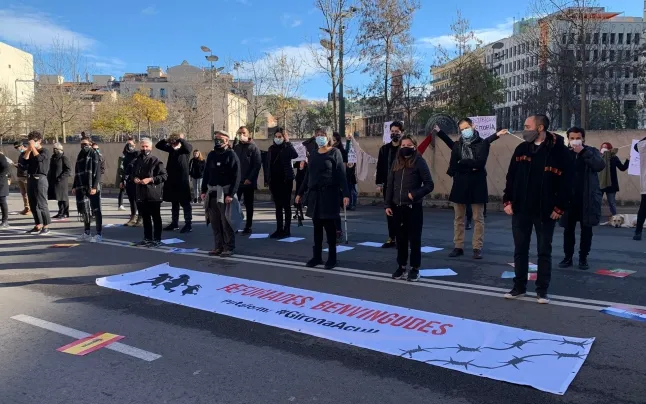
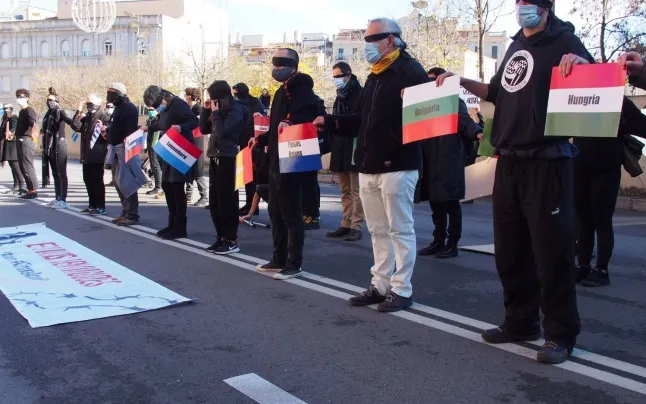


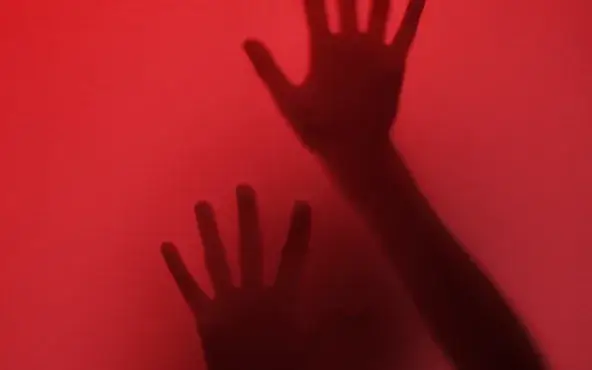
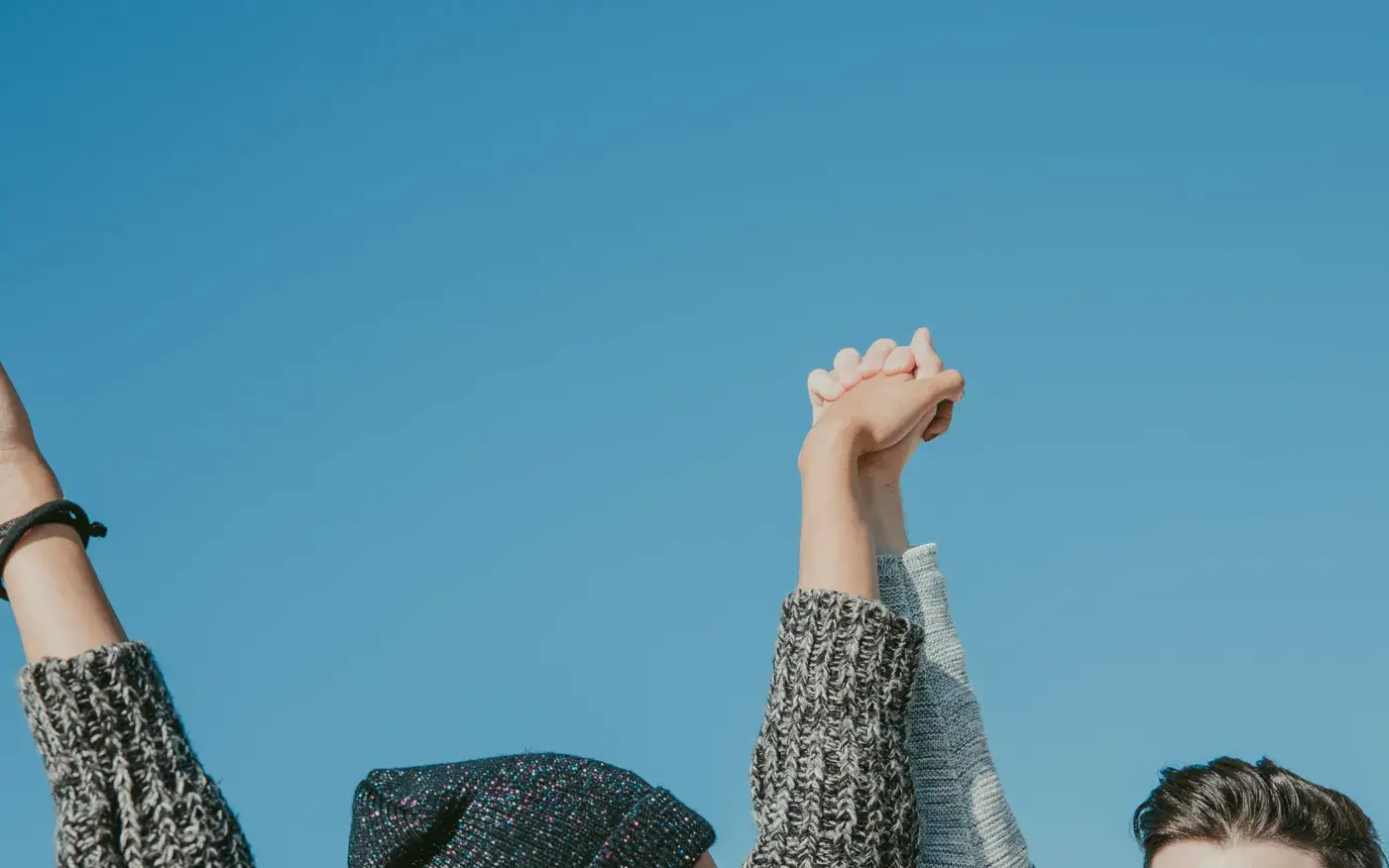
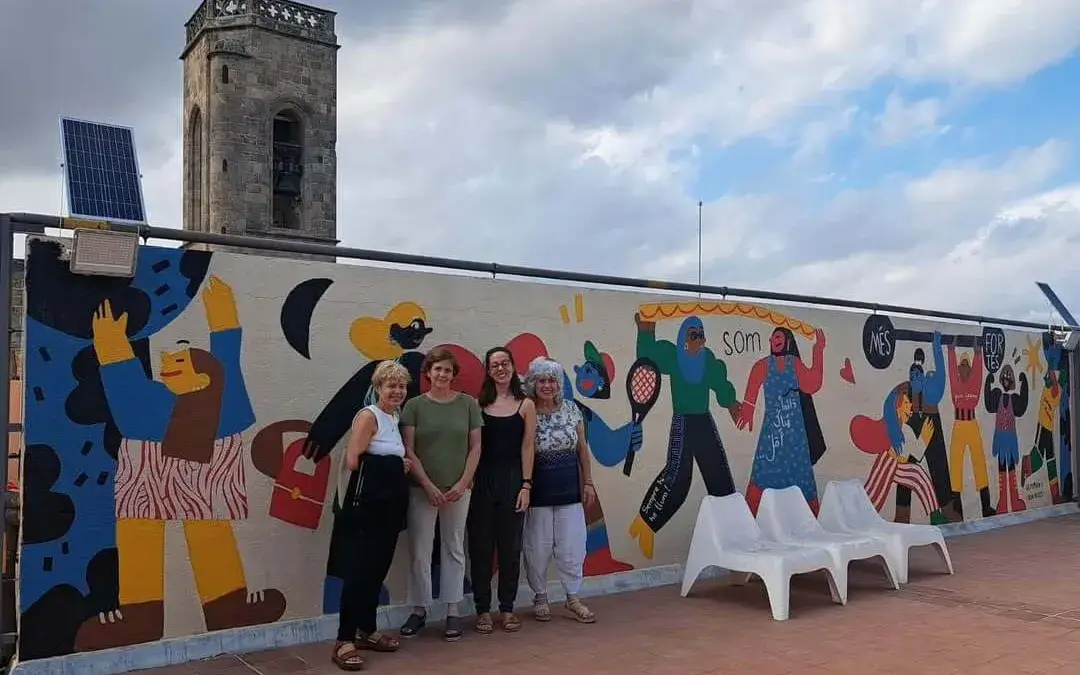
Add new comment